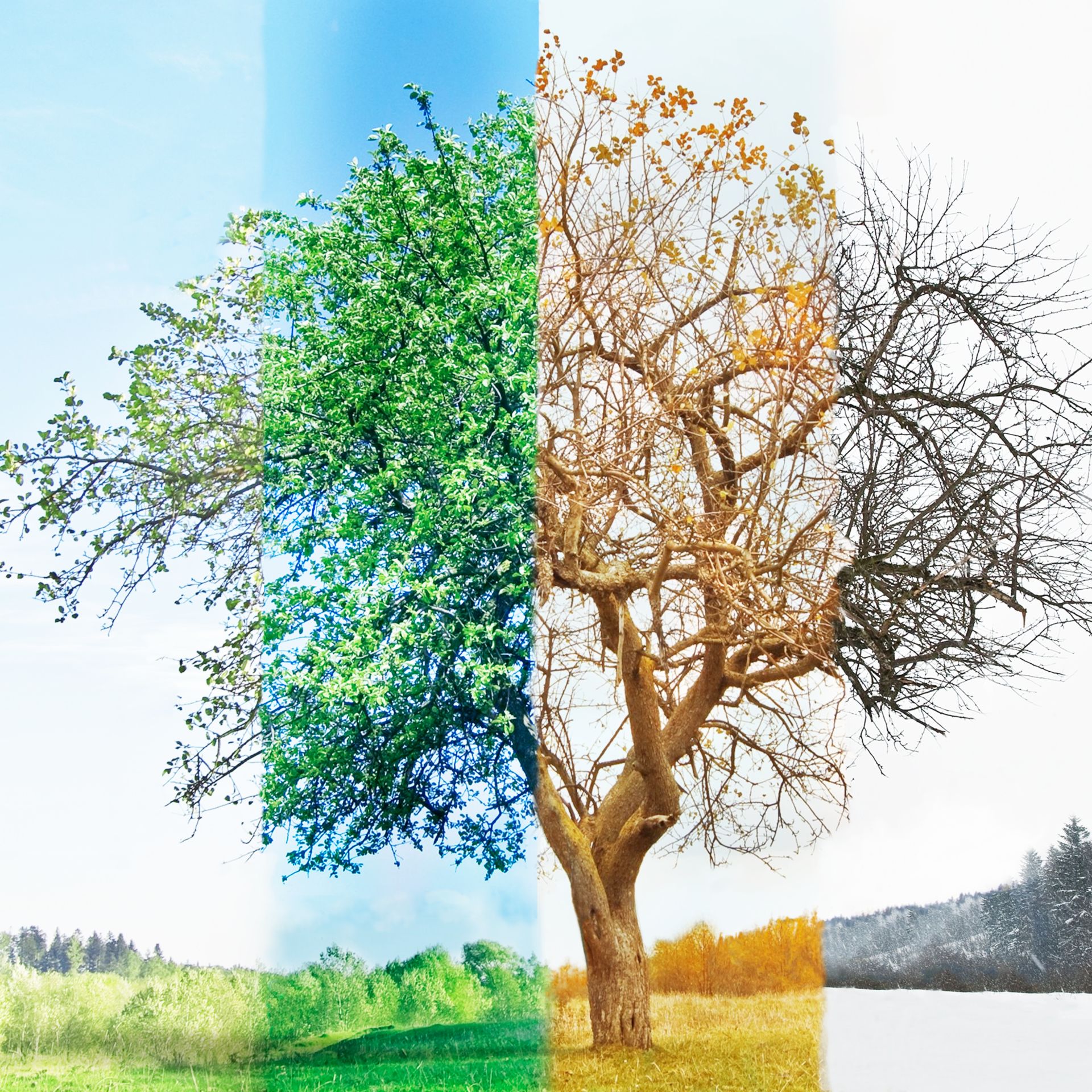Walden Pond by Henry David Thoreau
Walden Pond is based on the experience of Thoreau living in the cabin that he built by Walden Pond, a place near Concord, Massachusetts. He calls it ''his personal experiment''. His plan is to discover as much as he can about human nature; he thinks that is easier for him to achieve it if he does not have to deal with normal worldly concerns.
Thoreau carefully observes the seasonal changes during the two years he stayed there. His days are filled with many amazing things, animals and plants that inhabit Walden Pond.
Sometimes, when Thoreau is not contemplating life, he invites and entertains friends at his cabin. Among his friends, we find a philosopher, a poet, various hunters, settlers, farmers and laborers who tell him stories about Walden Pond.
Thoreau takes time to explore other ponds such as Flint's Pond and White Pond. By the fall, he observes how the color of the trees have changed, and he finishes the chimney on the cabin to prepare for the winter. By the winter, he finds himself observing how everything gets frozen outside. When the spring arrives, he observes how the ice melts right before his eyes. A lot of changes come with the spring, more varieties of birds and animals, the pine trees pollinating and plants blooming.
Henry David Thoreau

Henry David Thoreau was born on July 12, 1817, in Concord,
Massachusetts. He began writing nature poetry in the 1840s, with poet
Ralph Waldo Emerson as a mentor and friend. In 1845 he began his famous
two-year stay on Walden Pond, which he wrote about in his master work, Walden. He also became known for his beliefs in Transcendentalism and civil disobedience, and was a dedicated abolitionist.

No hay comentarios:
Publicar un comentario